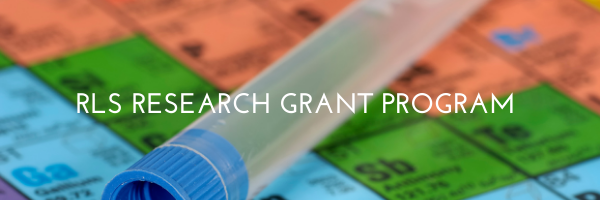AASM Foundation and Restless Legs Syndrome Foundation to Co-Fund Career Development Grants
Tuesday, December 16, 2025December 16, 2025 AASM Foundation and Restless Legs Syndrome Foundation to Co-Fund Career Development Grants The AASM Foun...
December 16, 2025
AASM Foundation and Restless Legs Syndrome Foundation to Co-Fund Career Development Grants
The AASM Foundation is excited to expand its partnership with the Restless Legs Syndrome (RLS) Foundation to support early-career researchers through a co-funded grant for the 2026 Focused Projects Grant for Junior Investigators. This program provides funding for mentored research projects to jumpstart an early career investigator’s research career and provide the necessary support and resources needed to establish a track record of funding.
To be eligible for this co-funded opportunity, the proposed mentored projects must address one of these topics related to restless legs syndrome:
- Investigations focused on further identifying specific endotypes and phenotypes of RLS that relate to particular subgroups of patients (e.g., pediatrics, women, pregnancy, diabetes, iron deficiency, ADHD)
- Research oriented toward uncovering therapeutic precision when treating specific RLS/PLMD populations/phenotypes (e.g., patients with augmentation, pediatrics, women)
- Studies that spur the development of new technologies to detect, manage, and/or treat RLS/PLMD.
- Investigations utilizing tele-based, or remote diagnostic/management technologies and protocols and treatment outcomes for RLS/PLMD populations.
This continued collaboration reflects our shared dedication to supporting the next generation of RLS researchers focused on addressing the most pressing questions for those affected by the disorder.
Applications are due by January 5, 2026. For further information on eligibility and the application process, visit https://foundation.aasm.org/focused-projects-award-junior-investigators/ or contact the AASM Foundation at foundation@aasm.org.














